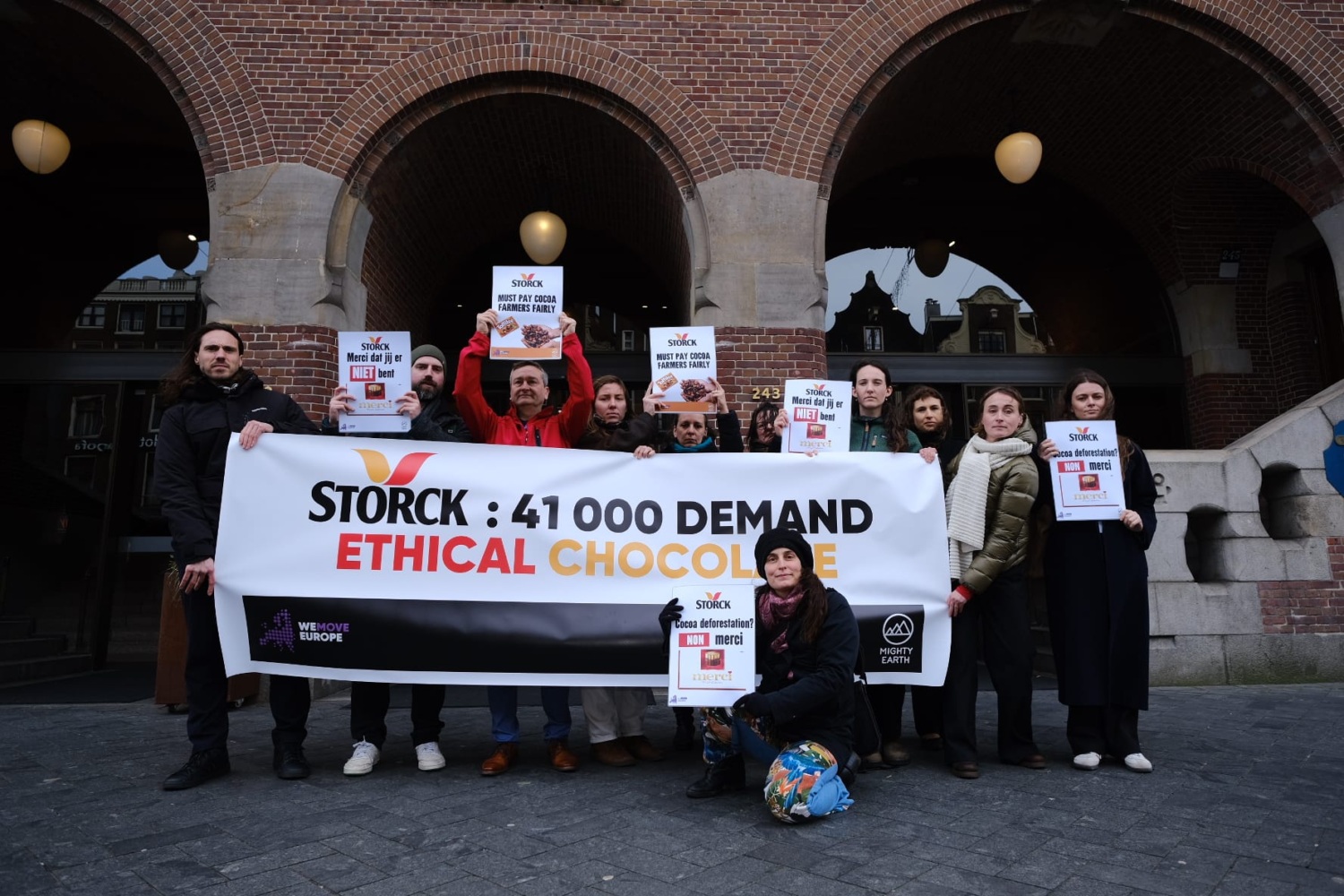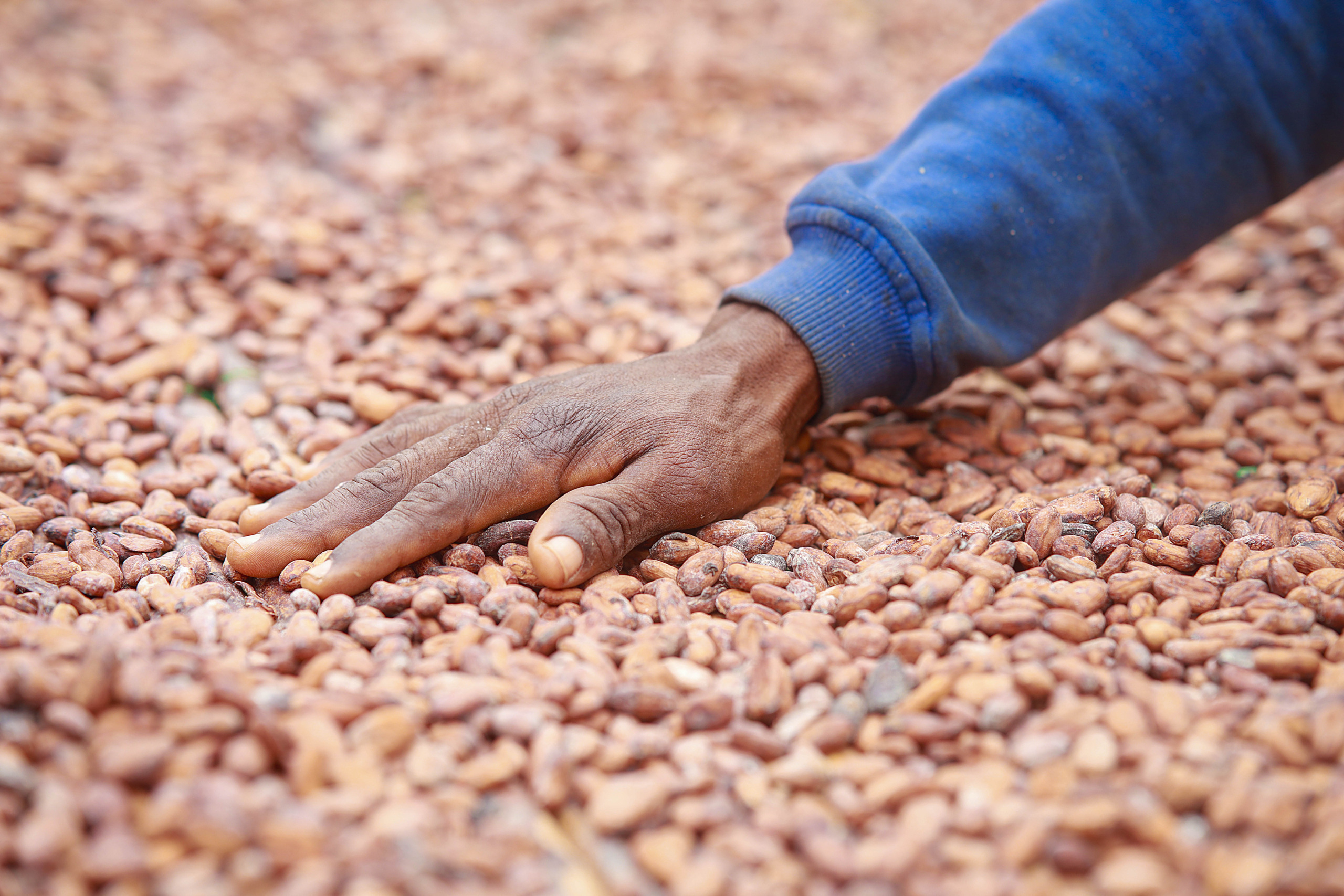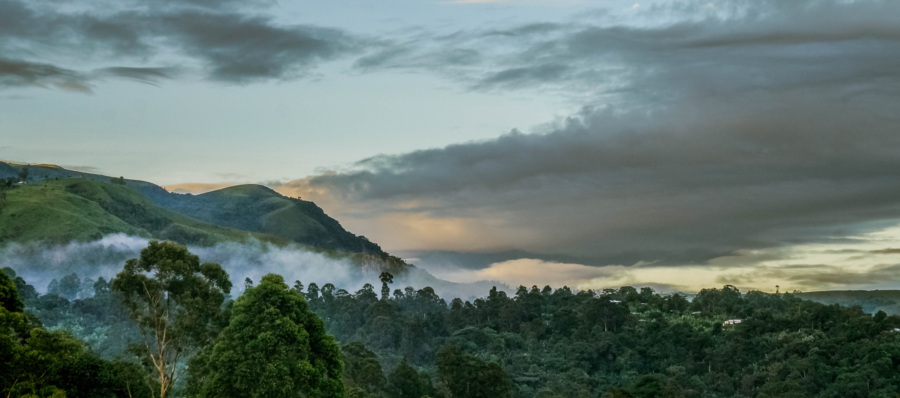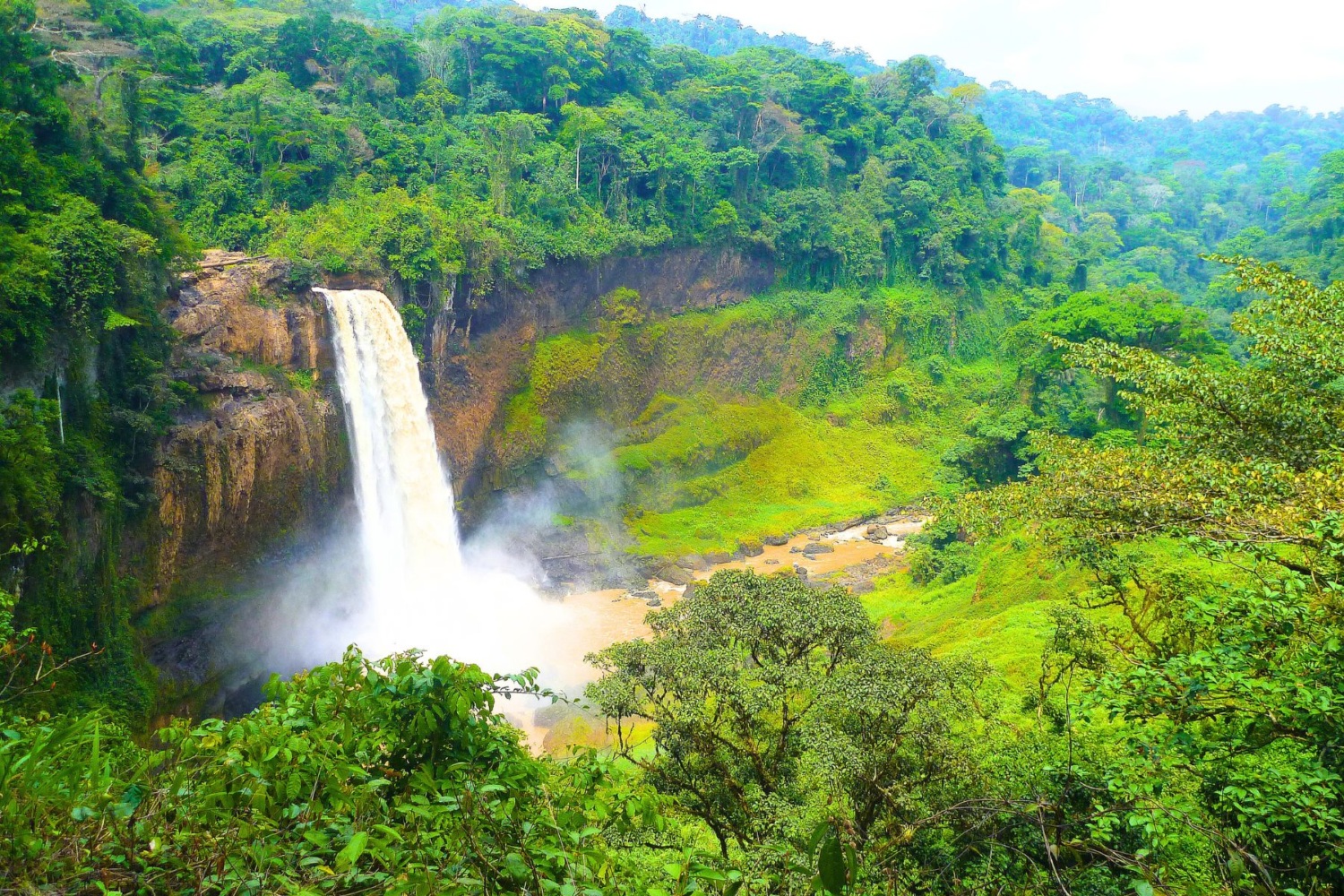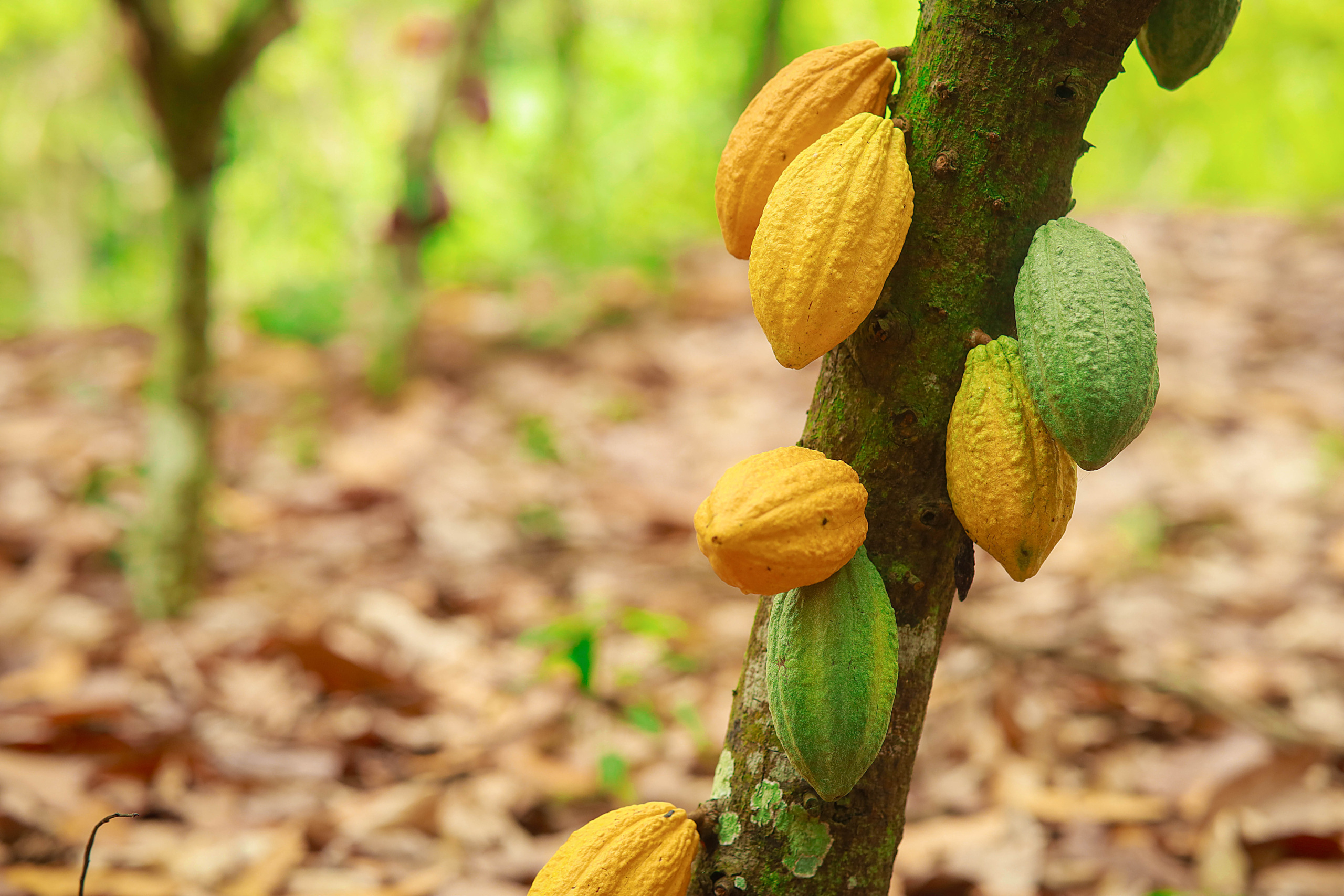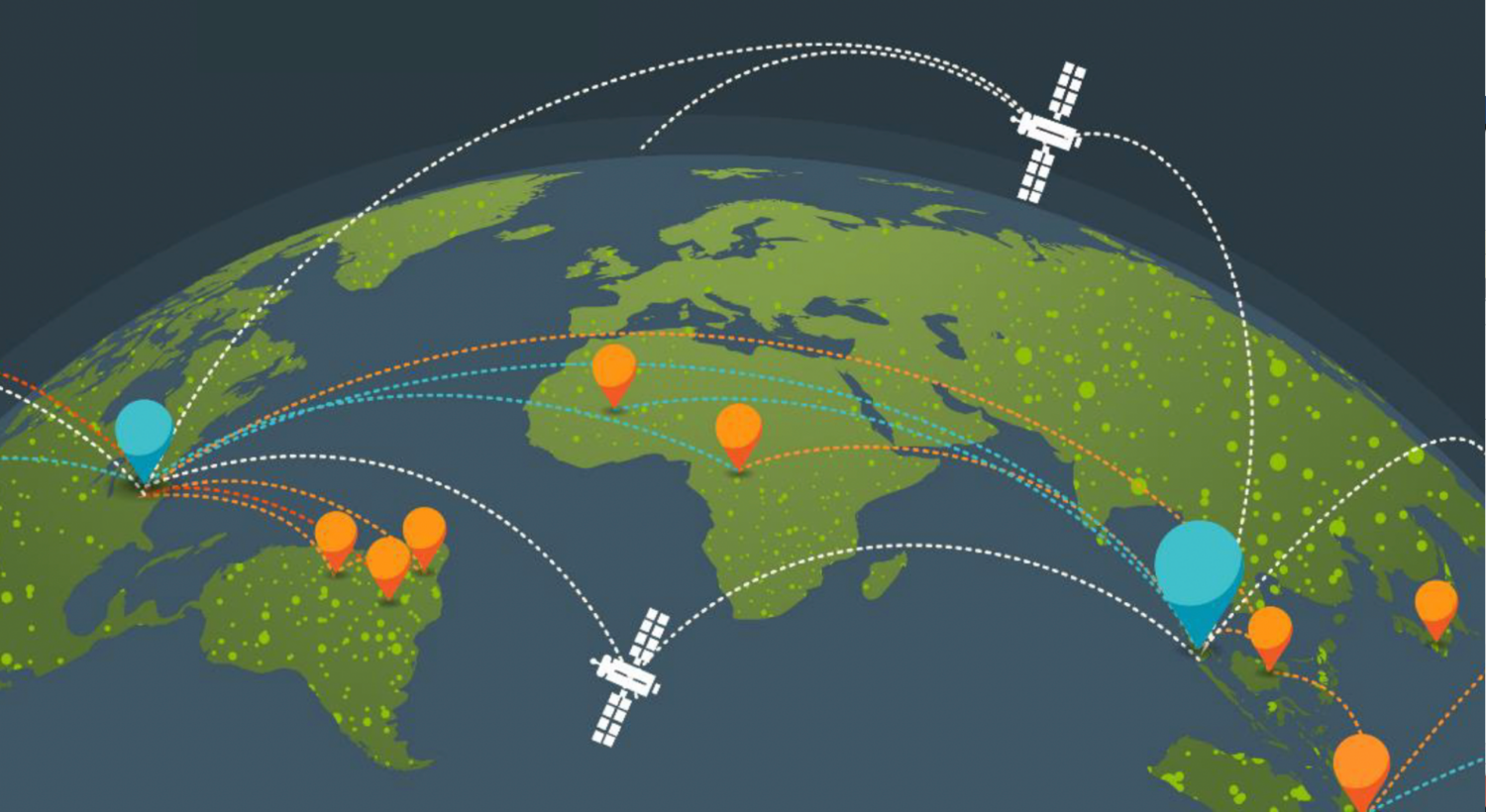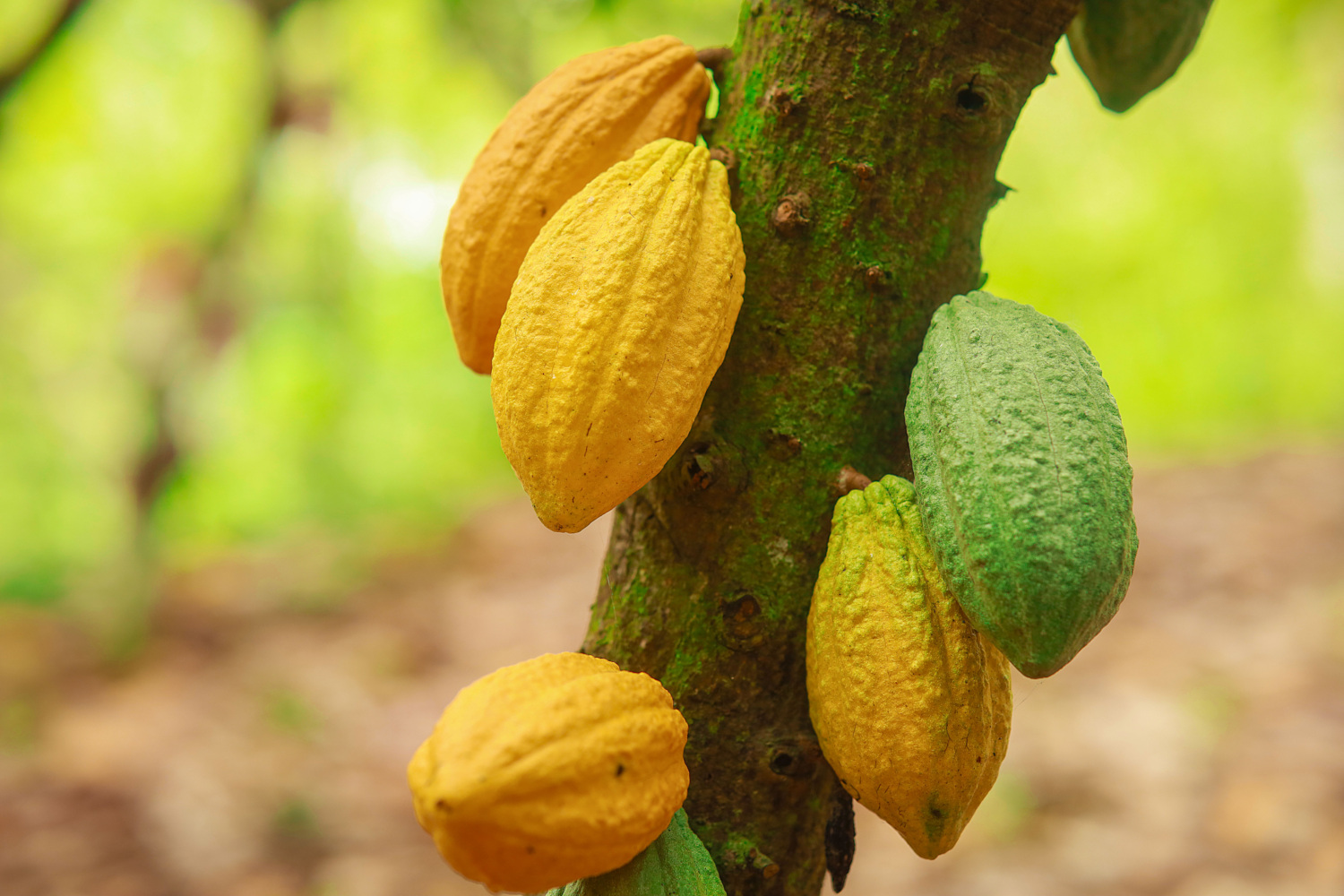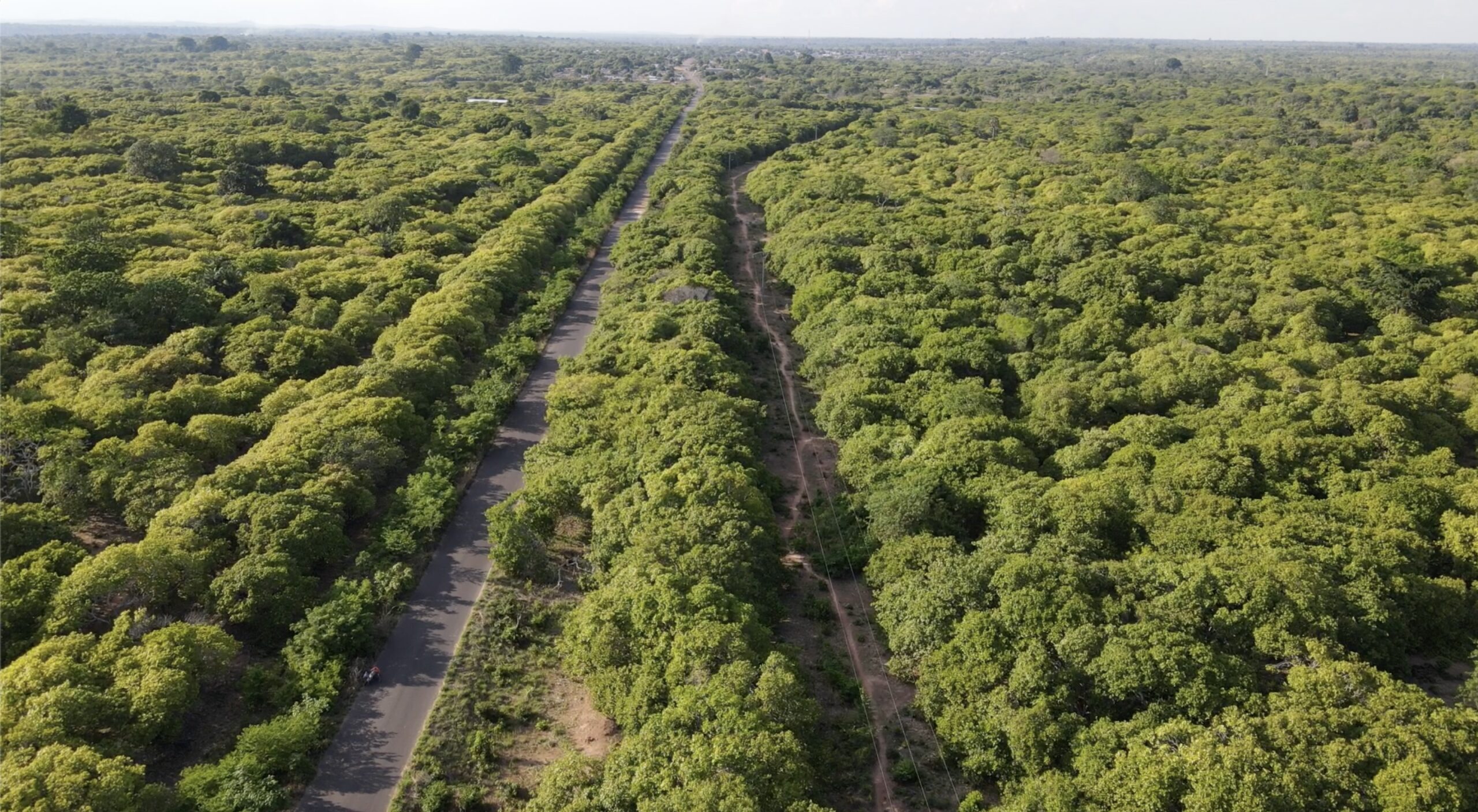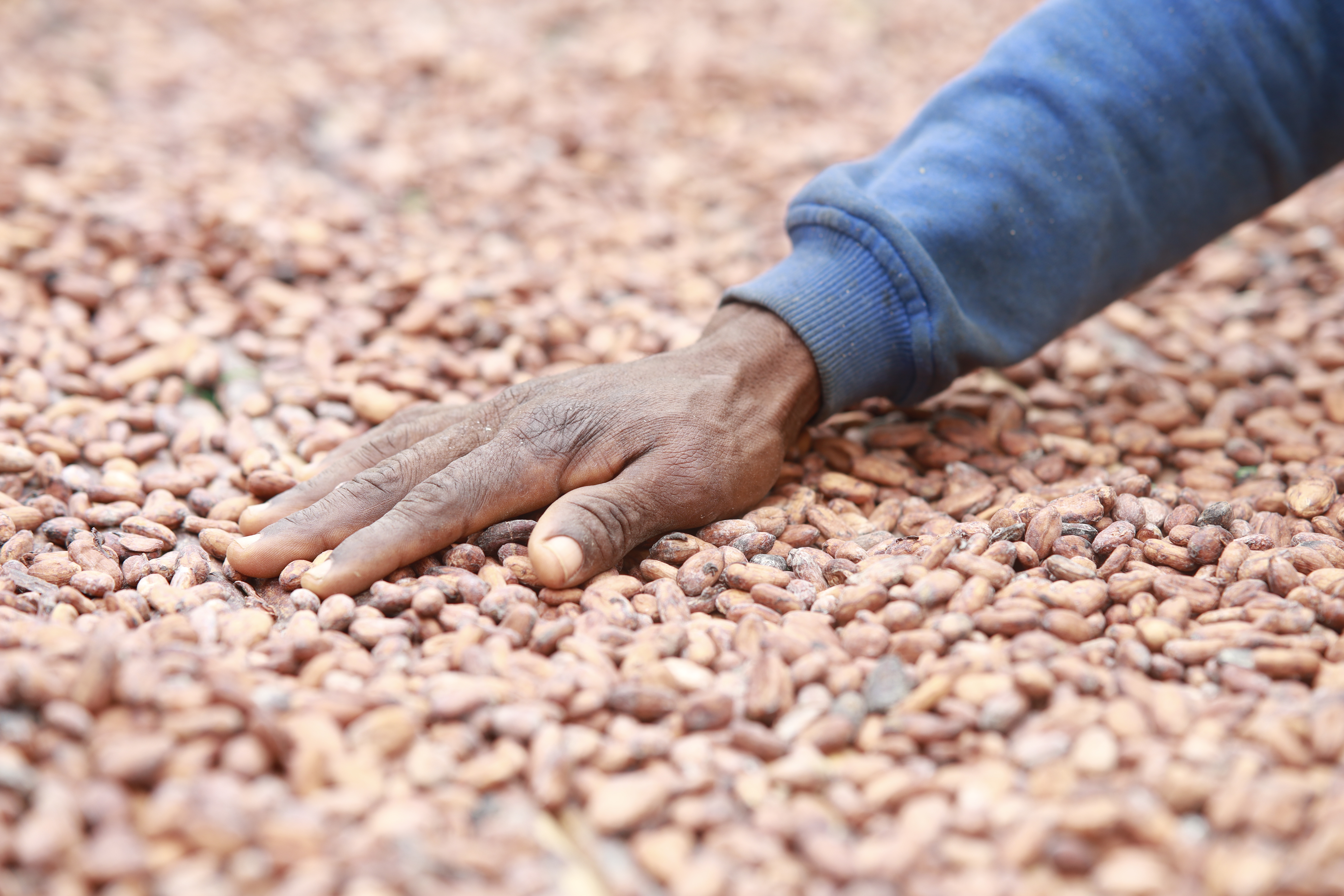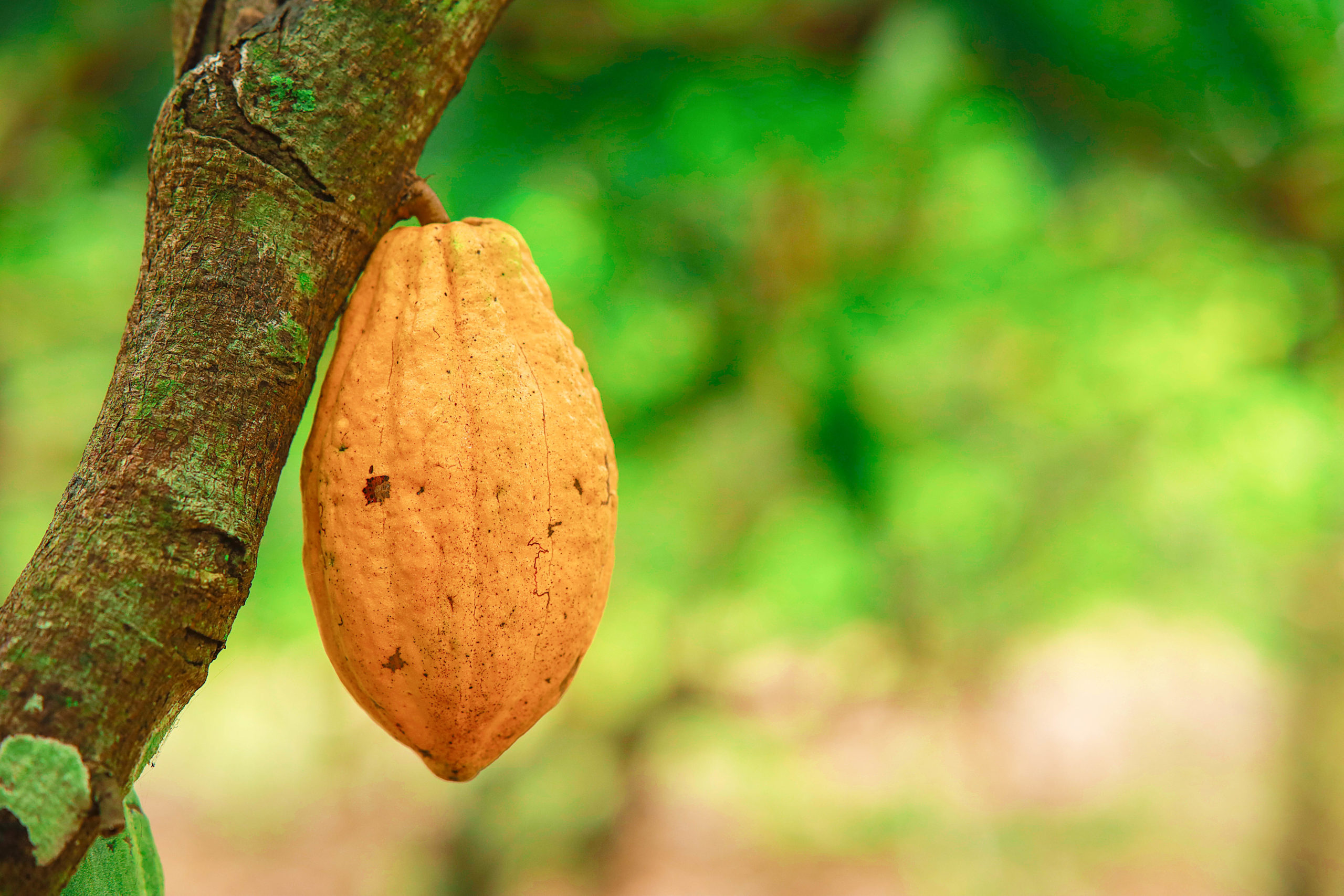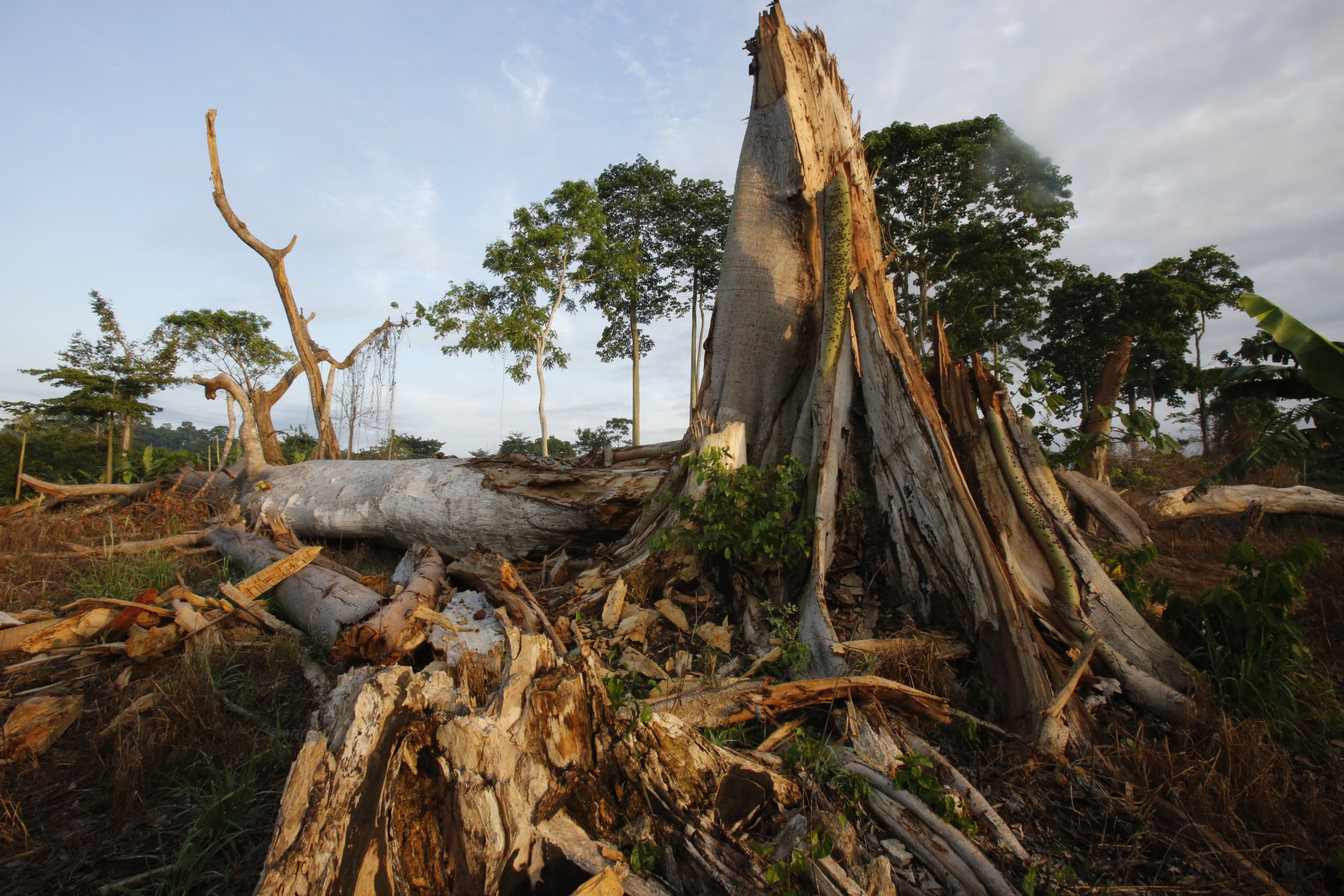
Côte d’Ivoire
Join Our Mailing List
SAVING THE IVORIAN FORESTS
The goal of protecting Nature underpins all our work. It inspires and drives us to secure a future that allows life to flourish for people and wildlife.
In Côte d’Ivoire, forests and other wooded lands are under severe pressure from farming. The country has lost at least 80% of its original forest cover, and its few remaining areas of pristine forest are under threat, including in protected areas. The primary driver of forest loss in the moist tropical south has been cocoa production, although rubber, palm oil, and coffee have also been major drivers. These forests are home to critically endangered animals, such as pygmy hippos, colobus monkeys, and West African chimpanzees. In the drier northern regions, wooded savannah landscapes important for native wildlife such as antelope and rare birds have retreated under the march of expanding cashew cultivation.
Mighty Earth is collaborating with our local partners to change the way companies produce, buy, and sell crops like cocoa, rubber and cashew, to protect remaining habitats and restore degraded forests.
-
80%
Extent of forests lost in Côte d’Ivoire.
-
37%
Deforestation in protected areas of Cote d’Ivoire attributable to cocoa
-
Hawaii
Equivalent area in Côte d’Ivoire now covered by cashew farms (1.6 million ha.)
Our Work
Cocoa Accountability Map
Mighty Earth’s Cocoa Accountability Map created a revolution in traceability and transparency for the cocoa industry in Côte d’Ivoire, the world’s largest cocoa producing country.
See the Map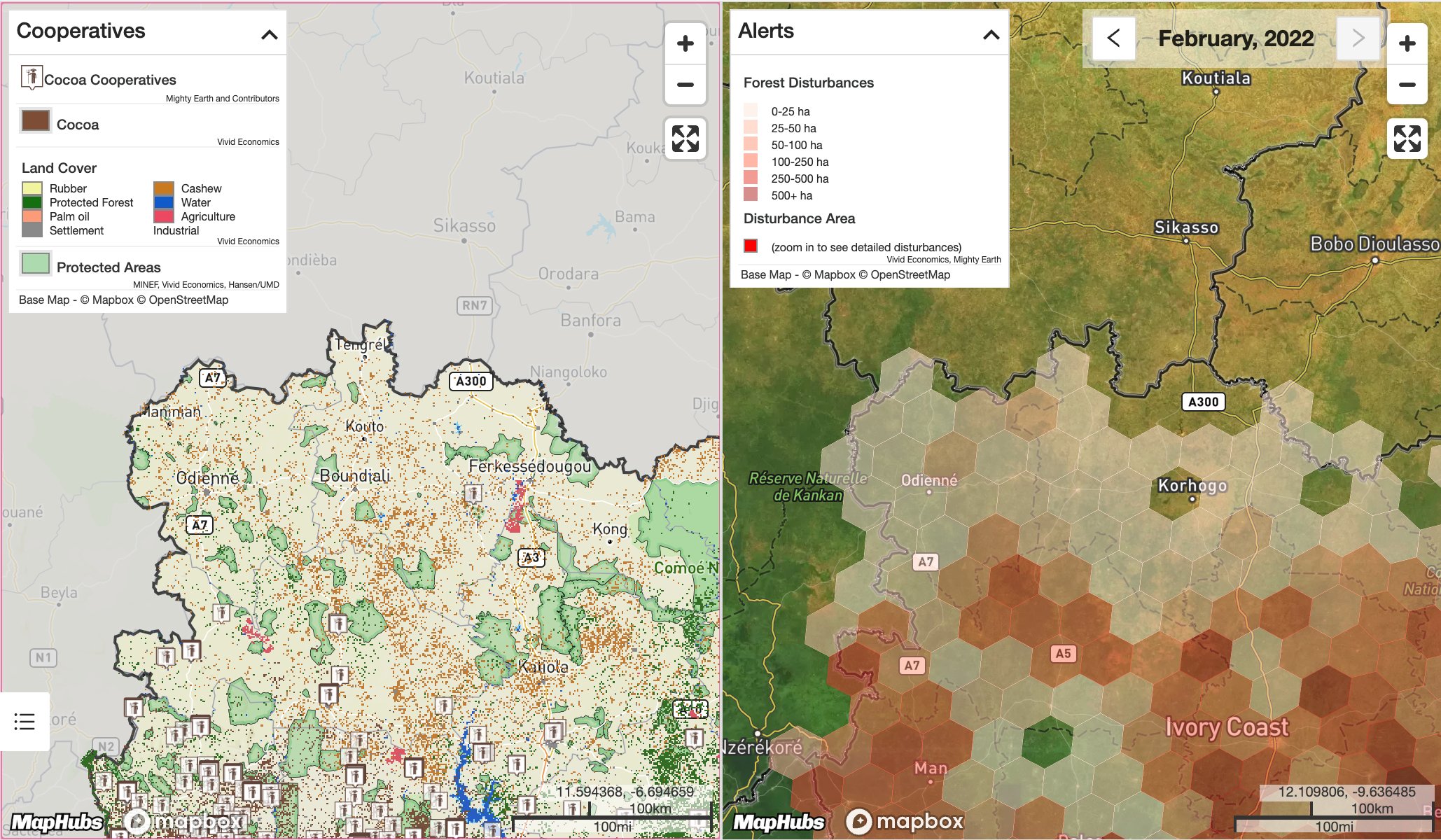
MORE SWEET NOTHINGS
In 2023, deforestation remains high in cocoa growing regions of Côte d’Ivoire
2023 Update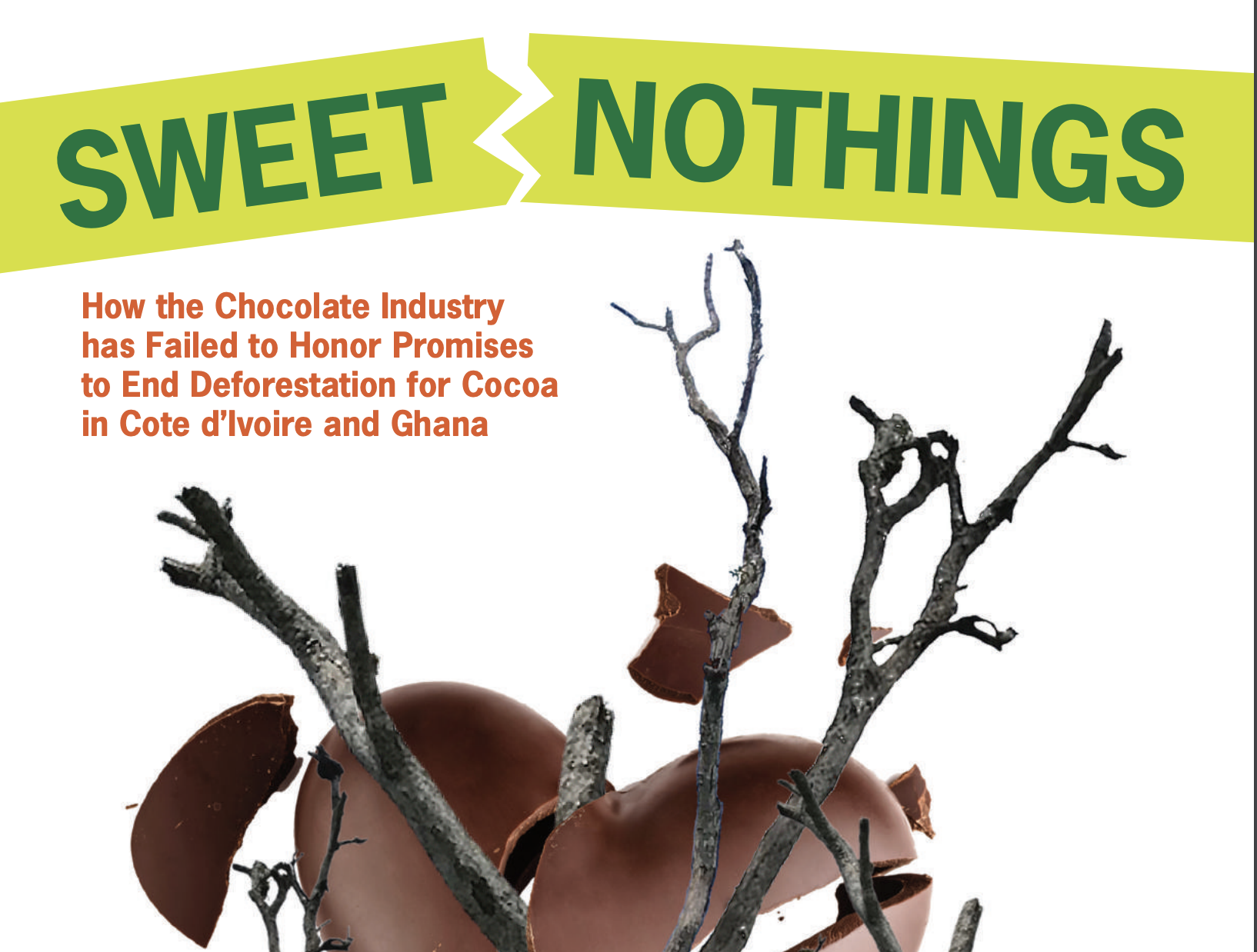
Related Topics
News
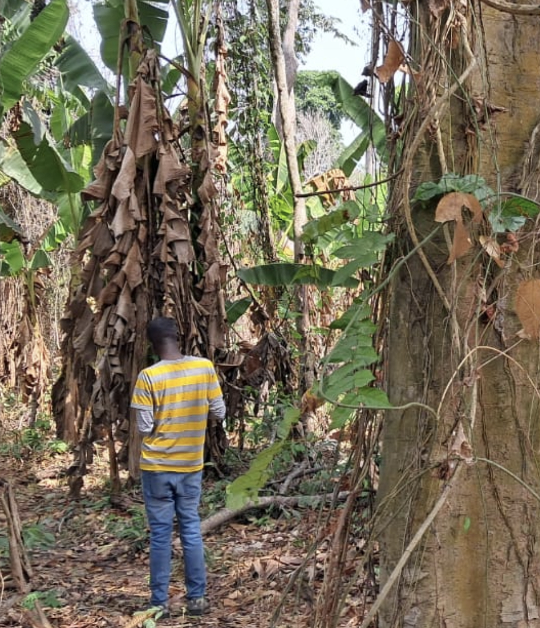
Mighty Earth (Once Again) Calls on Cocoa Industry to End Deforestation across West African Cocoa Belt
